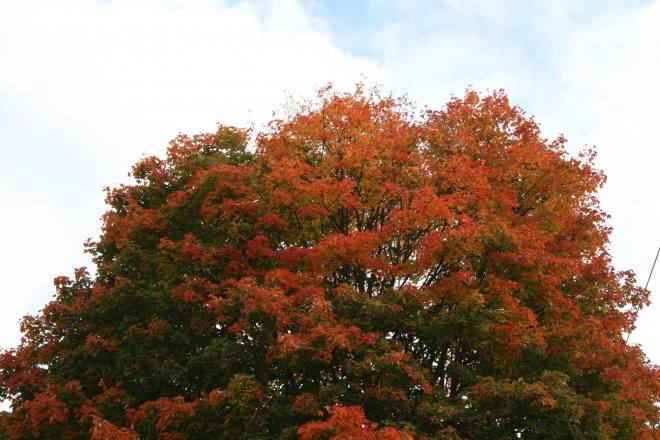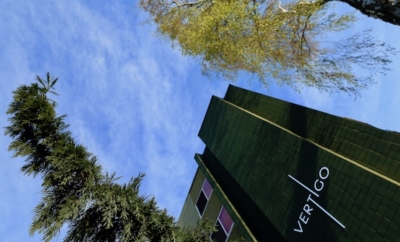
Existential Psychology
Hope
“There is no sense in hoping for that which already exists or for that which cannot be. Those whose hope is weak settle down for comfort or for violence; those whose hope is strong see and cherish all signs of new life and are ready every moment to help the birth of that which is ready to be born.”
–Erich Fromm, The Revolution of Hope, Kindle Version Pos 185
Hope is a funny thing. It can sustain us through the difficult times but it can also crush us when things don’t work out. How do we keep hope alive when circumstances seem hopeless? Erich Fromm believed that the state of hope is indispensable for well-being. We will discuss some cultural factors in the 21st century that lend themselves to hopelessness and talk about how to turn the tides by adjusting our attitudes.
The psychoanalyst Carl Jung noticed that for many, human growth arrested around the age of forty, an observation that has a lot to do with our conversation. Forty is a sort of cultural tipping point where people feel compelled to take stock of their actual situations, trading in the pleasant, naive belief that life is a never-ending upward spiral of new experiences for the unpleasant realization that more than half of life is probably behind them, meaning they are on the decline. What is the point of hope when sickness and old age will set in soon?
Compounding this terrifying recognition of mortality is the fact that by the age of forty, most people have attained the goals that our culture promises will make them happy and fulfilled. They got married, bought a house, started a family, progressed in their jobs, got the flat screen televisions and new computers, earned a lot of money, grabbed their share of power and prestige. But they still have a nagging feeling that something is missing, although they can’t say what, and there are no more guideposts left to follow. The cultural demands they have fulfilled are essential for a smoothly running consumer economy but they don’t necessarily do anything to help them find meaning or hope. Hopelessness sets in.
We can cultivate hope by changing perception, realizing that for humans self-actualization is a continuous journey only cut short in death. Our thoughts, words, and deeds are just as important at eighty as they are at twenty. We could argue that they are more important because they represent a lifetime of self-actualization and therefore come from a more meaningful place. Our culture tends to diminish and even invalidate the lives and perspectives of the elderly, but this is a huge error that has to do with equating the significance of a person with his or her current ability to be a productive member of the workforce. Regardless of what society needs or wants from us, we can realize that we are the only ones who can arrest our own human development. Self-actualization is not dependent on the perceptions of others.
A hopeful attitude in spite of the ultimate hopelessness of death is possible because each moment we live where we are mindfully walking the path of self-actualization is itself hopeful and creates conditions for further self-actualization. No matter how far along the path we get, we could always get further if we had more time. There is no finish line, no end zone. This attitude lets us take pride and joy in our accomplishments, however small, and helps us appreciate the important daily movement that might seem insignificant when compared to bigger cultural goals but actually means everything in the context of human growth.
It’s impossible to undermine this hopeful attitude because it is not dependent on external variables outside of our control. It’s only dependent on our internal decision to turn towards life, facing our existential situations bravely, deciding to keep growing as people even though we know it can’t last forever. When Fromm says “Those whose hope is strong see and cherish all signs of new life and are ready every moment to help the birth of that which is ready to be born,” he is affirming the mindful attitude that recognizes and appreciates all growth, however small. This sort of attitude fills us with joy on a daily basis, and its cumulative effect is a joyful, hopeful life.




